Mai Elliott featured in Ken Burns’ documentary series
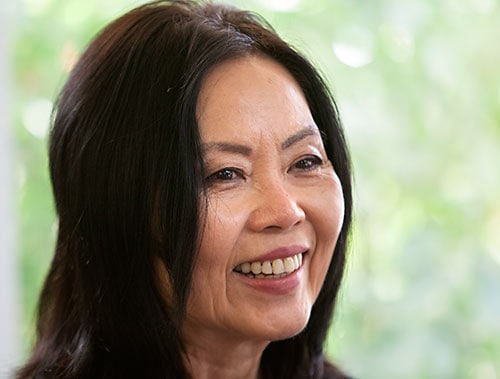
Claremont residents Mai Elliott and her husband David Elliott have spent much of their lives studying Vietnam, and recently contributed to Ken Burns’ and Lynn Novick’s hit PBS documentary series, The Vietnam War.
Mr. and Ms. Elliott have served on the advisory board for the series since 2014, and Ms. Elliott, who grew up in Vietnam, was interviewed for seven of the 10 episodes.
“From my comments and my conversation with him, he decided to interview me and include me in the film,” she said. “They extracted a minute here, 30 seconds there, and plugged me into the narrative of the documentary. They interviewed me mainly about my family’s story.”
Ms. Elliott lauded Mr. Burns’ and Ms. Novick’s expertise.
“Working with them was really a joy. We immediately jumped at the chance,” she said. “To see how they put this very complex story together was very interesting, but also admirable. I don’t think anyone else could have pulled it off the way they did it.”
Ms. Elliott’s father was a civil servant in the French colonial government, and fled to South Vietnam when the country was divided. They sided with US forces during the war.
“My father was afraid that, when the communists came in, they would retaliate against him, so he took the whole family and moved south,” she said.
Ms. Elliott first came to the US in 1960 to attend Georgetown University.
“It was a big culture shock. My English was not very good at the time, and I was trying to get up to speed in terms of the language,” she said. “I remember I had to use my dictionary a lot.”
While at Georgetown, Ms. Elliott met her husband, who was later drafted into the US Army and deployed to Vietnam. While he served in the army, Ms. Elliott worked in Vietnam for the RAND Corporation, a US think tank. The two were married in Saigon.
They returned to the US in 1968, and Mr. Elliott earned his doctorate from Cornell University. During this time, as anti-war activisim in the US escalated, Ms. Elliott’s opinions on the war began to change.
“At the beginning, I was very much for the war. I was brought up to be very fearful of communism, and I was of course concerned about the future of my family in a communist regime,” she said.
As civilian casualties mounted, she began to reconsider the cost of the war, particularly after visiting a Vietnamese hospital with noted war correspondent Martha Gellhorn.
“In the hospital, it was just one ward after another filled with people who had been hurt in the war; people with bandages around their heads, people who had been burned by phosphorous flares, it was very nightmarish,” she said. “That was the first time I saw with my own eyes the cost of the war to people who were caught in it, and these were all peasants, ordinary people living in the countryside.”
In that hospital, Ms. Elliot realized how heavily these ordinary people were being impacted by the war.
“They were paying the price for people like my family—the middle class and the elite who didn’t want to live under communism,” she said. “We were paying a price, but our price was not as heavy as those poor people.”
At the time, Ms. Elliott did not turn against the war efforts, but began to consider them more carefully. She later became opposed to the war.
Ms. Elliott had a harrowing experience watching from the US as the South Vietnamese government abruptly crumbled in 1975 and the communist forces swept through the South.
“It happened very fast. In a matter of weeks they were at the doorsteps of Saigon,” she said. “It was unbelievable that things collapsed so quickly. It was just chaos.”
As the communist forces were approaching Saigon, her family received a surprise call from the US embassy, which evacuated them with very short notice.
“They managed to get out at the last minute, before the communists entered Saigon,” she said. “The communists were firing rockets at the airport, and there were rockets exploding around them. They were airlifted out to the USS Hancock at the very last moment.”
A few years later, after Mr. Elliott was awarded his doctorate from Cornell, he received a job offer from Pomona College, and the Elliotts have lived here ever since.
“It’s been great, we love it here. We talked about where to go after he retired and we looked at all sorts of places, and decided this was the best, so we decided to stay here.”
Within Claremont, Ms. Elliott has been a member of the Campus Women and the Scripps Fine Arts Foundation, and also enjoys the city’s scenery and amenities, she wrote in an email to the COURIER.
The Vietnam War is airing on PBS, and can also be streamed or purchased on pbs.org.
—Marc Rod




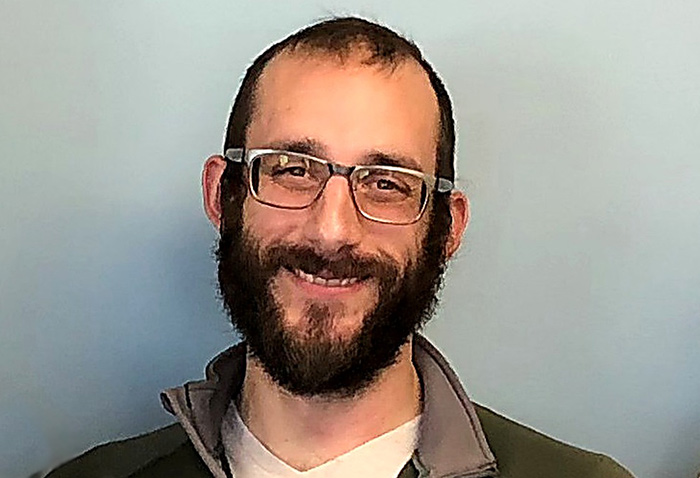
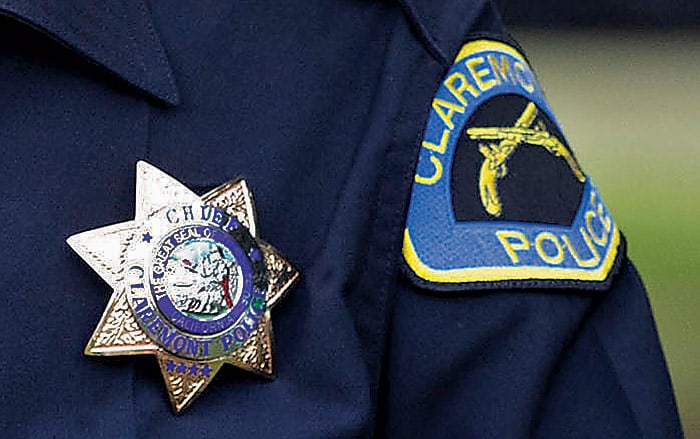

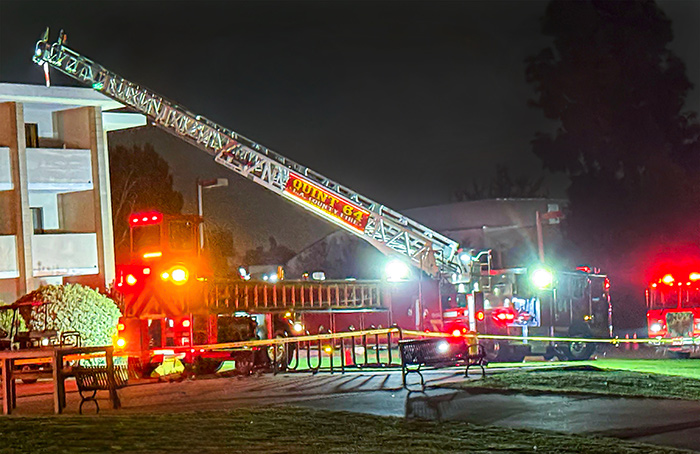
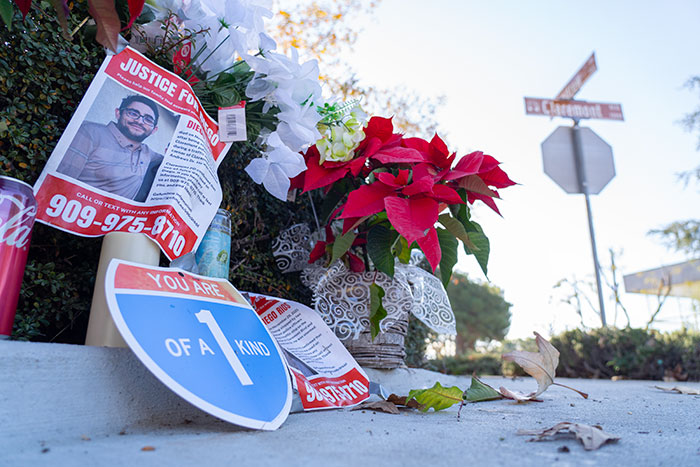
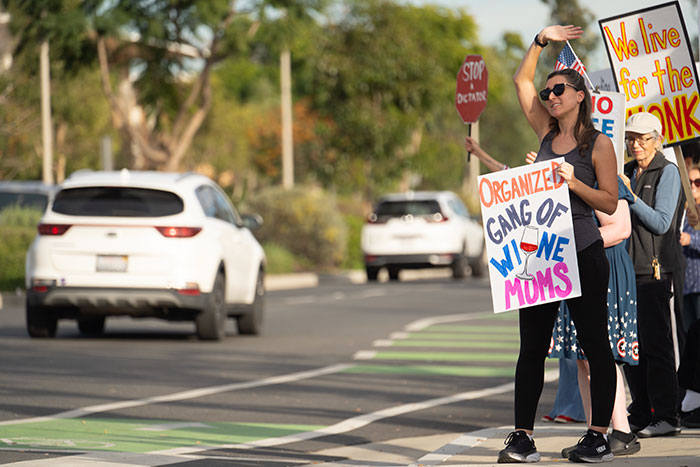

0 Comments